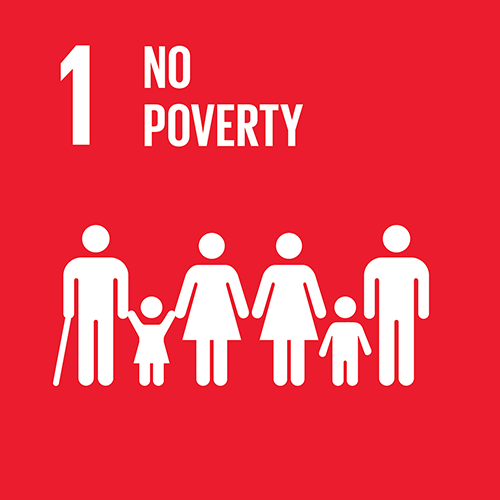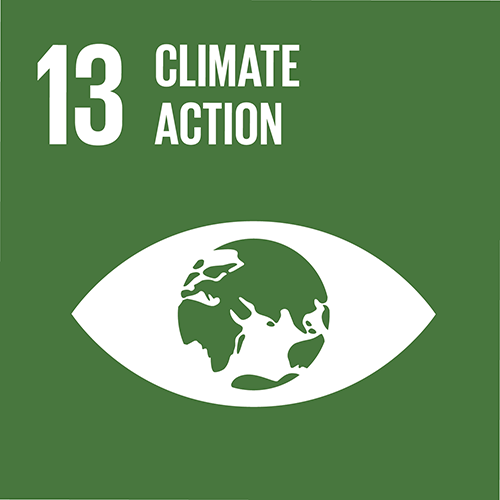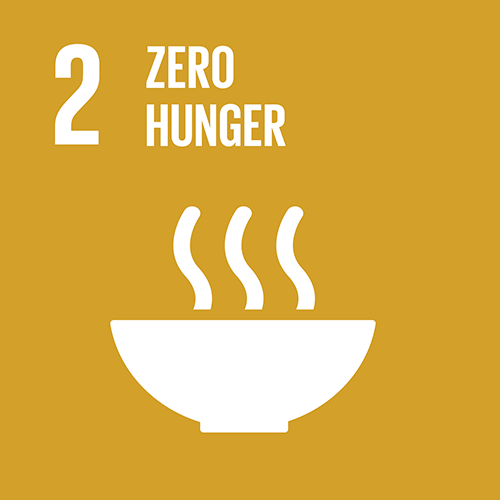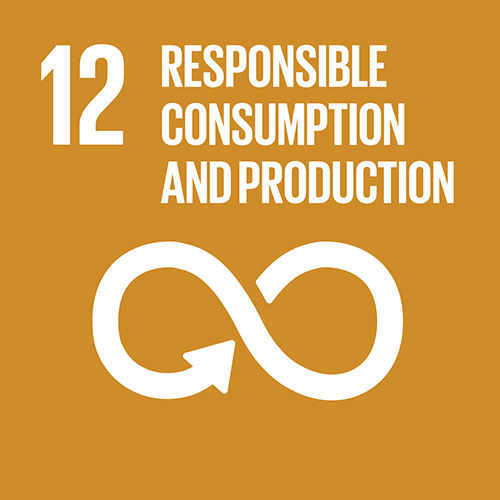Small-Scale Farmers Reforest Forests in Uganda
Project type: Land Use and Forestry
Project location: Albertine Rift & Mt. Elgon, Uganda
Project status: In operation, credits available
Carbon credits issued of the planting year 2023: 1,991,911 tCO2e (which will be sequestered during 50 years)
This community led initiative promotes sustainable management of forestry resources encouraging small-scale landholders to reforest and implement community-based forest management plans. This leads to increased biomass and carbon sequestration and reduces emissions from deforestation thereby restoring and conserving biological diversity, while at the same time enhancing social welfare.
The people of the Albertine Rift (Western) and Mt. Elgon (Eastern) in Uganda are mainly subsistence small-scale farmers who depend on forests for their basic livelihood needs of water, building materials, medicine and fuel wood. The general project area is a mosaic of farmland and protected forests in form of National Parks and Forest Reserves as well as unprotected forests on community land. The community (unprotected) forests harbour valuable tree species for timber, poles and other non-timber forest products like papyrus, rattan canes and shrubs, which can yield economic returns to the community. The community forests in Masindi are of particular importance as they maintain the main sources of water and provide the connectivity between the different protected areas. This allows wildlife populations to migrate through this natural biological corridor. Corridor connectivity facilitates the flow or movement of individuals, genes and ecological processes, improving species richness and density, which is important particularly for the flagship endangered species, the eastern chimpanzee.
Protection and restoration of forests to preserve biological corridors
Currently, the community forests have very limited protection and decrease continuously due to the expansion of small-scale and large-scale agriculture. Some of the corridor forests have been cut down completely to make way for cultivation. The fragmentation crisis for biodiversity is severe, especially for the eastern chimpanzee. Astonishingly, a few groups of chimpanzees continue to move through farmlands between forest patches, with some having their entire home ranges in community land. The project mobilizes the communities to protect their forest by controlling fires and illegal activities. Forest rehabilitation includes planting of heavily degraded areas and the planting of fuel wood to reduce pressure on existing forests.
Multiple benefits
Further, the project promotes the development of agroforestry systems of mixed native and naturalised tree species on smallholder lands. As the economic value of the forest increases for farmers they are committed to conserve them. At the same time, deforestation pressure on the surrounding forests is decreased as sustainably grown wood can serve as marketable fuel wood source. In addition, the project is building the resilience of the communities to the effects of climate change through improved land management and diversification of sources of income to reduce dependency on crops vulnerable to droughts thereby contributing to the Millennium Development Goal of improved livelihood.
I'm a millionaire! At least in Ugandan shillings.
Micro-loan systems are established in addition to capacity building for ecotourism and non-timber forest products (NTFPs) such as apiary and crafts-business. All community engagements are facilitated with Gender Action Learning Systems (GALS), which is a mainstreaming methodology for women and men to address gender issues important to the effectiveness of any development intervention. The project is strengthening the organisational structures through which the communities can be mobilized to undertake improved forest management laying the foundation for long-term sustainable land-use, which continues to sequester and store carbon in its biomass.
Project partner and carbon fund
myclimate works closely with the project partner Ecotrust in Uganda. The Environmental Conservation Trust of Uganda (ECOTRUST) is a not-for-profit organisation established in 1999 to champion and promote environmental conservation. ECOTRUST’s mission is ‘To Conserve biological diversity and enhance social welfare by promoting innovative and sustainable environmental management’ and its goal is ‘To Provide Sustained funding for conservation in Uganda’. ECOTRUST delivers conservation finance “where it matters most” to thousands of smallholders undertaking restoration as a business in rural poor communities. The ECOTRUST TGB model won the 2013 SEED Award for its innovation and entrepreneurship, its promising efforts to promote economic growth, social development and environmental protection in Uganda, and the potential of its partnership to inspire others.
Monitoring and verification of the project (MRV)
The project is registered with Plan Vivo, the most rigorous standard for LUF projects. Without the Certificates, the people would not be able to gain access to the voluntary carbon market, which is a significant source of pre-financing that eventually enables these communities to gaine access to local, national and regional markets for building poles, fuel wood, fruit, medicinal extracts and fodder. On a yearly base, the project is being monitored and every five years being verified by an independent third party. See more details under "Documentations”.
This project contributes to 11 SDGs*
*as at the end of 2023. myclimate only finances a share of this project. The following figures relate to the impact of the entire project. Find out how myclimate reports these SDGs in our FAQ.
The following SDGs are verified by Plan Vivo:
Over USD 6.2 million were paid to 37,817 small farmers and their families.
The project partners with World Vision and USAID to deliver HIV/AIDS initiatives to rural communities.
Protecting the forest contributes to securing clean water sources.
Enables farmers to access energy efficient cook stoves at a subsidised price.
Sequestration of 5,855,779 t CO₂ since project start (2003).
24,817 hectares of forest have been reafforested since the project began. This corresponds to about 34,000 football pitches.
These SDGs have been approved by myclimate:
The security and stability of land ownership is promoted by encouraging community ownership.
In 2023, 409 training sessions on climate-smart farming practices reached 29,183 people.
Women are actively involved in project activities, i.e. in training and the establishment of sustainable enterprises.
The project employs 30 full-time and 113 part-time workers.
37,817 households have improved their adaptation strategies to climate change.
Situation without project
Degradation and deforestation, less CO₂ storageDocumentations
Awards

Project standard

Project number
7181






















